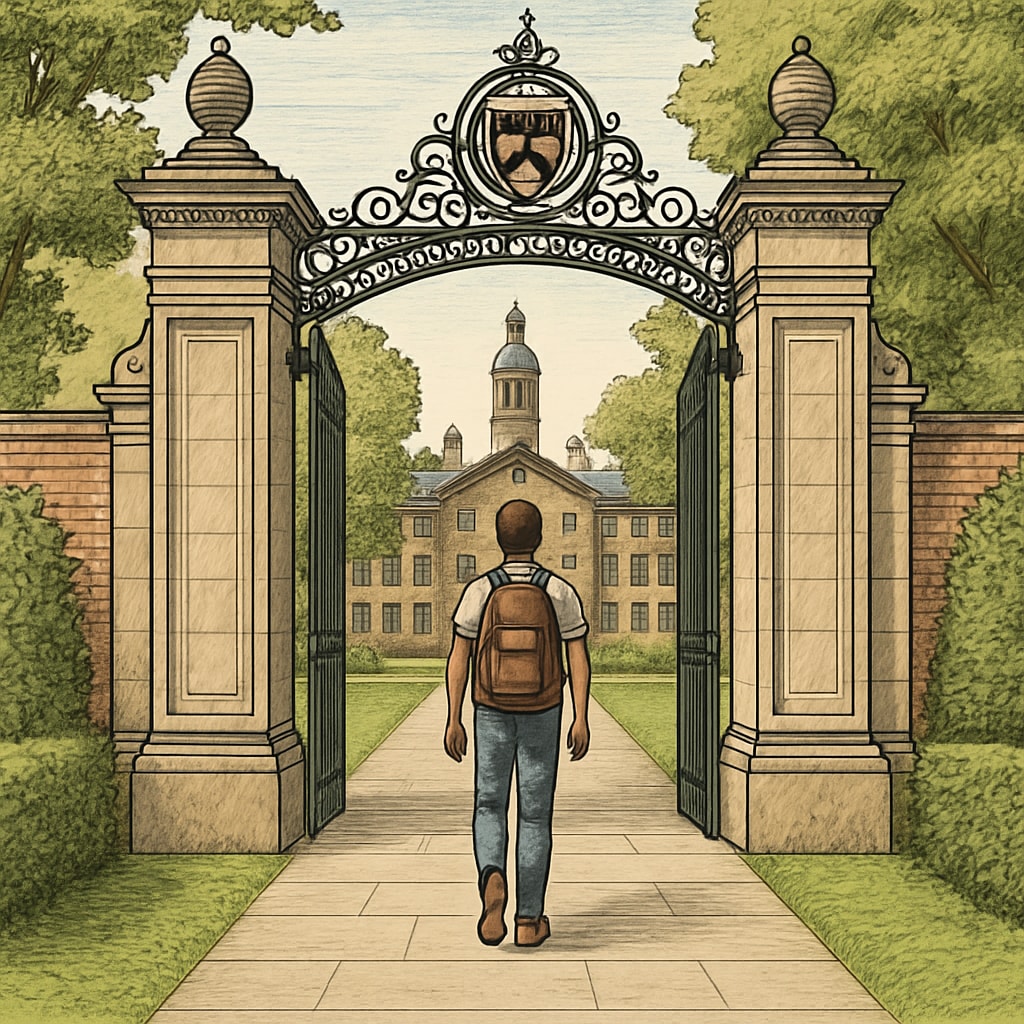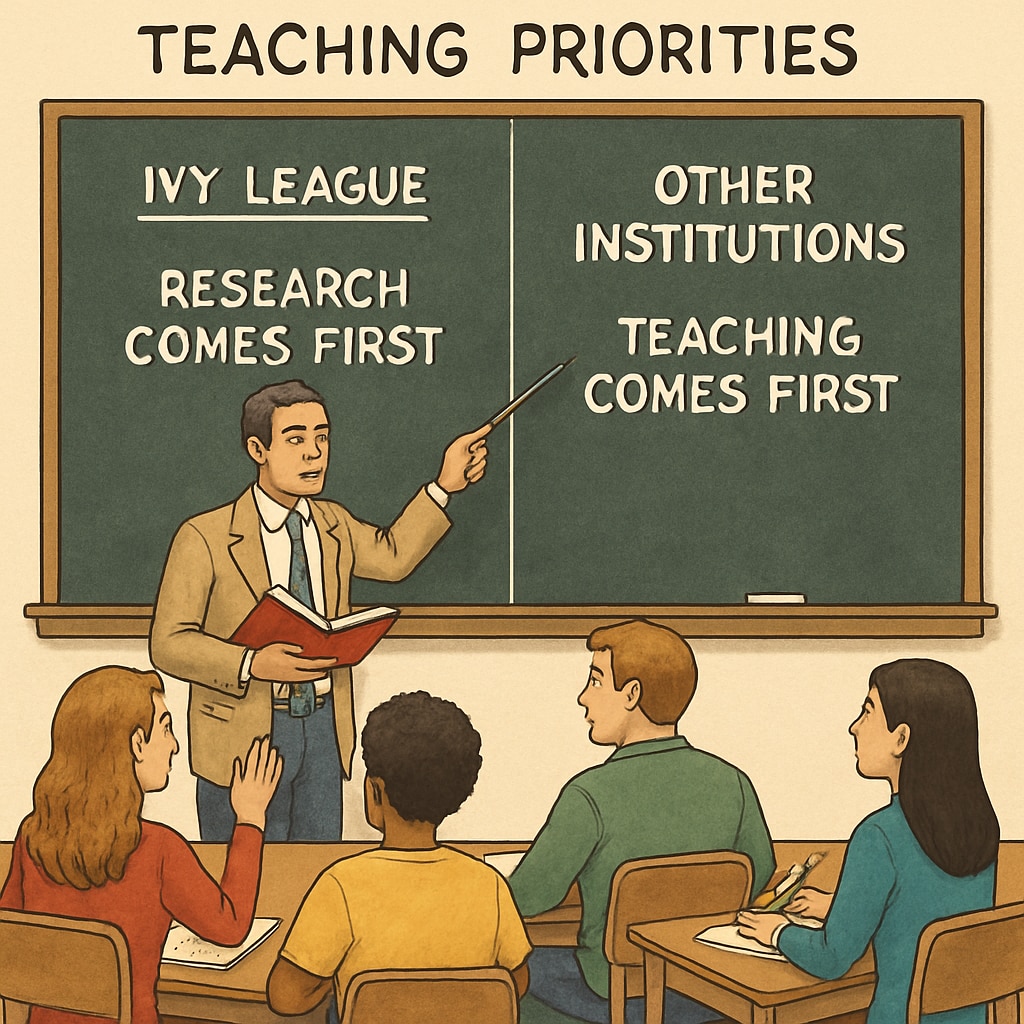The reputation of Princeton and the Ivy League has long been synonymous with unparalleled academic excellence and prestige. However, it’s worth questioning whether such institutions are truly deserving of this exalted status, or if they have been overestimated in their actual educational value. By examining the myths surrounding Ivy League schools like Princeton, we can uncover the realities that parents and students often overlook, particularly when navigating the K-12 system.
Are Princeton and the Ivy League Overhyped?
Princeton University, along with its Ivy League counterparts, is often regarded as the gold standard of higher education. These schools have impressive alumni lists, significant endowments, and consistently high rankings. However, the assumption that attending such institutions is a guaranteed path to success is increasingly being questioned. For example, research highlights that the educational experience at Ivy League schools may not be significantly better than that of top public universities or smaller liberal arts colleges.
Furthermore, the exclusivity of these schools can create an aura of elitism that often overshadows more practical considerations, such as the availability of financial aid, student support services, and the actual quality of instruction. In fact, the focus on reputation can sometimes detract from addressing underlying issues, such as the lack of diversity in faculty or outdated teaching methods.

The Reality vs. the Myth of Educational Quality
One of the primary reasons for the overestimation of Ivy League schools like Princeton is the perception that their educational offerings are inherently superior. However, studies have shown that the “Ivy League advantage” is often more about networking opportunities and brand recognition than the actual classroom experience. While these schools undeniably attract some of the brightest minds, this does not necessarily translate to superior teaching or innovative curricula.
For example, a 2019 report from The Wall Street Journal revealed that many Ivy League professors prioritize research over teaching, leading to a lack of engagement with students. As a result, students may find themselves being taught by graduate assistants rather than tenured faculty. On the other hand, many public universities and liberal arts colleges prioritize teaching and offer smaller class sizes, fostering a more personalized learning environment.

Why Do Parents and Students Still Chase the Ivy Dream?
The relentless pursuit of Ivy League admission often stems from deeply ingrained societal beliefs about success and status. For parents, the idea of their child attending a school like Princeton is a point of pride, often seen as a validation of their own efforts and resources invested during the K-12 years. For students, the Ivy League name carries a promise of future opportunities, from lucrative job offers to powerful social networks.
However, this mindset can lead to significant drawbacks. Firstly, students may feel immense pressure to conform to a narrow definition of success, leading to burnout or disillusionment. Secondly, the financial burden of attending an Ivy League school can outweigh the potential benefits, especially when comparable opportunities exist at more affordable institutions. Finally, this obsession with name-brand schools often ignores the importance of finding a college that aligns with a student’s personal goals and learning style.
Rethinking the Value of Higher Education
In light of these issues, it’s crucial to rethink the metrics we use to evaluate higher education. Rather than focusing solely on rankings or reputation, prospective students and their families should consider factors such as:
- The quality of academic programs and faculty engagement
- Opportunities for internships, research, and career development
- Campus culture and inclusivity
- Affordability and financial aid options
Ultimately, the “best” school is not necessarily the most prestigious one but the one that best meets a student’s individual needs and aspirations. By shifting the focus from brand names to meaningful outcomes, we can better align our educational choices with long-term success and satisfaction.
Readability guidance: Short paragraphs and lists are used to break down complex ideas. Overarching arguments are supported with examples and transitions. The tone remains professional and balanced, avoiding exaggeration or bias.


